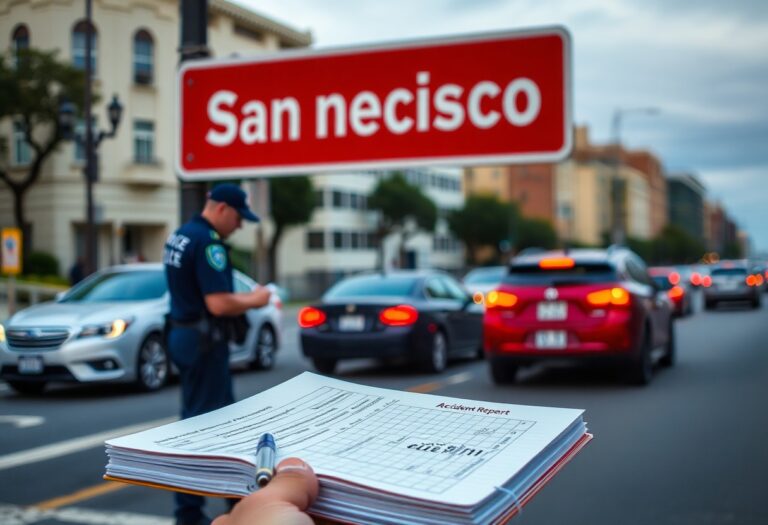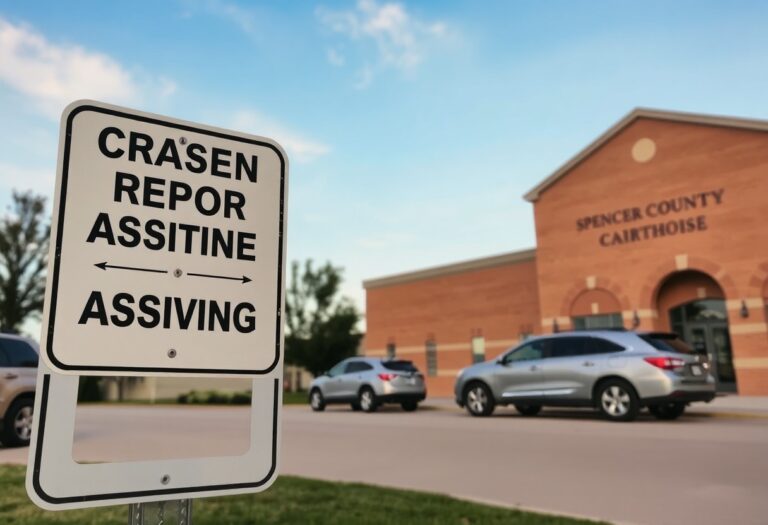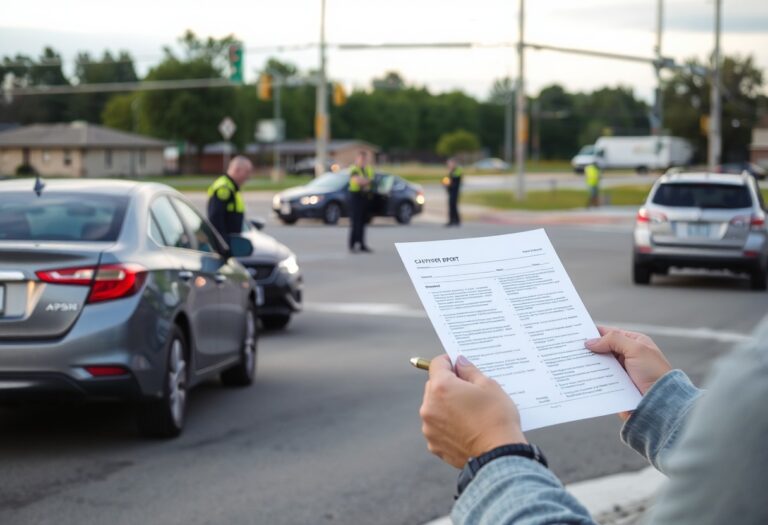Most people find themselves needing access to official reports at some point, whether it’s for a legal matter, an insurance claim, or personal reasons. If you are looking to obtain a report in Los Angeles County, this step-by-step guide will provide you with the information you need to get started on your road to recovery.
First, you must identify the type of report you require. In Los Angeles County, common report types include police reports, accident reports, medical records, and vital records such as birth or death certificates. Depending on your situation, the process may vary slightly.
If you need a police report, the first step is to determine which law enforcement agency handled your case. This could be the Los Angeles Police Department (LAPD), the Los Angeles County Sheriff’s Department, or another agency. You can find this information on your incident number or by asking a local station. Once you know the agency involved, you can request the report from their respective website. Most agencies provide an online request form, but you may also be able to request copies by mail or in-person. Ensure you have all necessary details handy, including your incident number and the date of the incident.
For accident reports, you will want to access the California Highway Patrol (CHP) website if the accident occurred on a highway. If it took place within city limits, you should refer to the local police department. Accident reports can also typically be obtained online, but you might need to provide information such as date, location, and parties involved to receive your report.
In the case of obtaining medical records, you will need to contact the hospital or healthcare provider that generated the records. You usually must fill out a release form for medical records and present a valid ID. Be prepared for possible fees associated with the release of your medical documents.
If you need vital records such as birth or death certificates, you can request these from the Los Angeles County Registrar-Recorder/County Clerk. They offer options for obtaining copies online, in-person, or through the mail. Make sure to check the requirements for identification and any potential fees applied to the request.
Once you have submitted your request, it is important to keep track of your application. Many agencies offer status updates online, which you can use to confirm the progress of your request. Depending on the type of report, response times may vary; some reports can be processed within a few days, while others may take a few weeks. Ensure you follow up if you do not receive your report within the estimated timeframe provided by the agency.
Obtaining your report can often feel daunting, but by understanding the process and knowing where to go, you can smoothly acquire the information you need. This is your first step toward recovery and moving forward.













